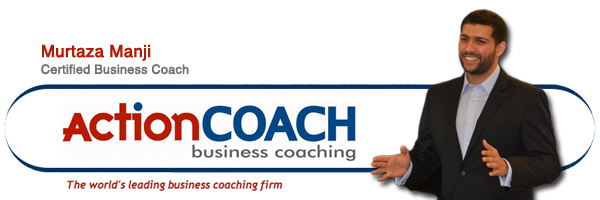ISLAMIC FINANCE GUIDE PUBLISHED
A new 76- page guide providing an overview of the Islamic Finance Market in the United Kingdom has been published jointly by UK Trade & Investment (UKTI), the Foreign and Commonwealth Office (FCO) and the Treasury.
The United Kingdom has become a centre for Islamic Finance, with most banks now delivering Islamic Finance transactions, the majority of large professional services firms equipped with specialist Islamic Finance teams, and London becoming the first city outside the Islamic world to host the World Islamic Economic Forum (WIEF) last October.
The Guide entitled “UK Excellence in Islamic Finance” covers a range of topics including the operation and history of Islamic Finance in the United Kingdom, as well as investment opportunities in large UK projects. It covers the growth of the market, highlighting that Islamic investments are forecast to grow to £1.3trillion by 2014. The guide includes business profiles of banks, law firms and key companies such as Ernst & Young and Deloitte that offer Islamic professional and financial services in the UK. It also outlines the Islamic finance training available, providing information about relevant courses and the contact details of suitable universities and training centres.
You can read more about the guide to Islamic Finance at: http://bit.ly/18qCphm
Source: Federation of Small Businesses.
--------------------------------------------------------------------------------------------------------------
CONSULTATIONS ON HALAL SCHEME
In October 2013 EBLEX, an organisation representing beef and lamb farmers in England, launched a three month consultation into a Halal assurance scheme for lamb. Around 95 per cent of lamb suppliers polled said that they would use such a scheme, leading event chairman Nick Allen to claim that the Halal sector clearly wants an assurance scheme, is keen to back a scheme that is workable and wants to help consumers make informed choices.
Under the proposed scheme, meat from stunned and non-stunned sheep will be labelled separately, making it clear whether the animal in question had been stunned or not. The scheme would be rum in a similar way to the existing Quality Standard Mark (QSM) scheme for beef and lamb and paid for by EBLEX, with standards ensured through regular inspections.
You can read more on the subject at : http://bit.ly/1bFcbVD.
Source:Federation of Small Businesses.

